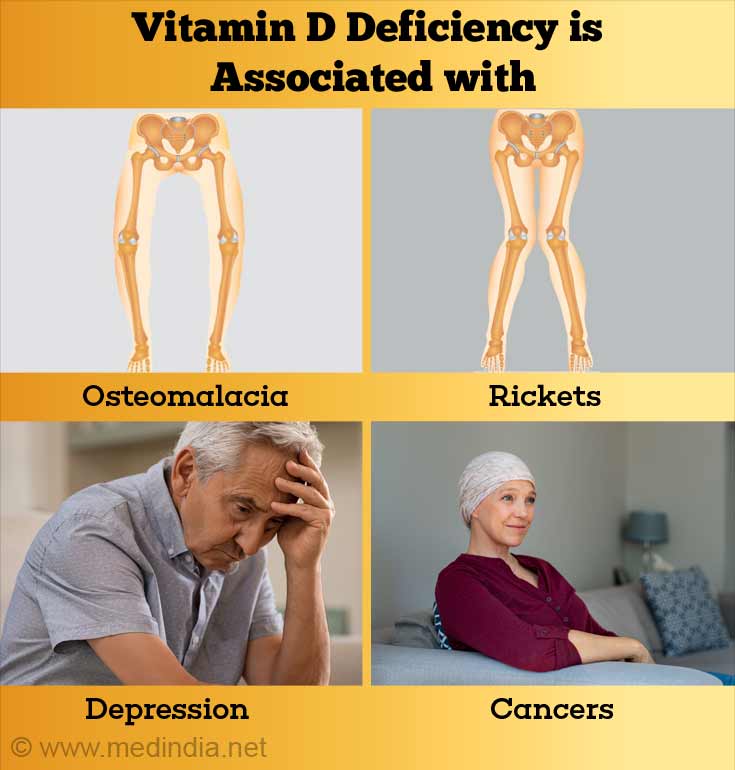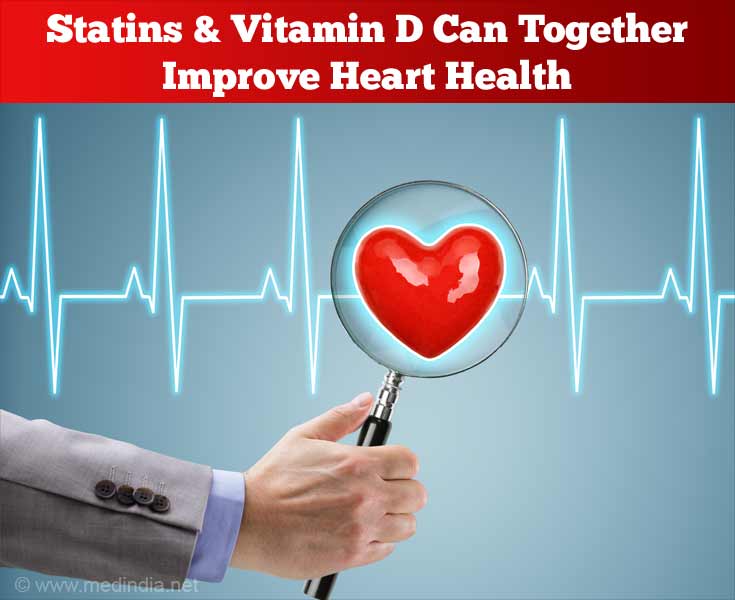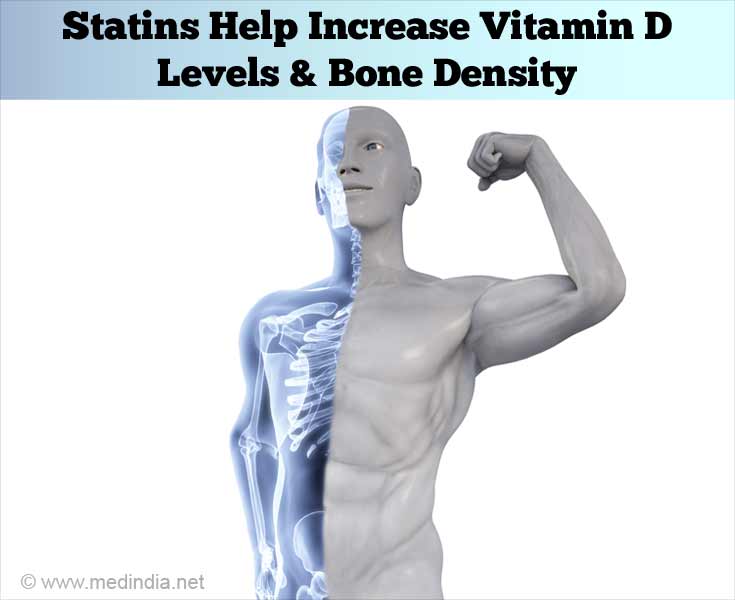- Effect of Simvastatin and Atorvastatin on Serum Vitamin D and Bone Mineral Density in Hypercholesterolemic Patients: A Cross-Sectional Study - (http://dx.doi.org/10.1155/2014/468397)
- Simvastatin Does Not Affect Vitamin D Status, but Low Vitamin D Levels Are Associated with Dyslipidemia: Results from a Randomised, Controlled Trial - (http://dx.doi.org/10.1155/2010/957174)
- Association of Vitamin D and Incident Statin Induced Myalgia-A Retrospective Cohort Study - (https://doi.org/10.1371/journal.pone.0088877)
- Minissian M et al. Do women with statin-related myalgias have low vitamin D levels? BMC Research Notes 2015; 8:449 DOI: 10.1186/s13104-015-1356-9
- Pera L et al. Vitamin D and statins: action in preventing cardiovascular events. Kardiol Pol 2012;70(12):1296-1298.
What are Statins?
There could be a relationship between two completely different entities – statin drugs used in the treatment of high cholesterol levels and vitamin D, a hormone that keeps our bones strong, suggests researchers.
Statins are a group of drugs that are used to treat high blood cholesterol levels and include simvastatin, lovastatin, atorvastatin, rosuvastatin, fluvastatin, pravastatin and pitavastatin. These cholesterol-lowering medications block HMG-CoA reductase, an important enzyme that mediates the formation of cholesterol by the liver, thereby reducing the levels of bad cholesterol or LDL (low density lipoprotein)-cholesterol in the blood.
Statins are used to prevent cardiovascular diseases like heart attacks and certain strokes, either before they occur, or after they occur to prevent further episodes. They should not be used during pregnancy or breastfeeding, in those with an active liver disease or on those who are allergic to the medications.
A serious statin-related side effect is damage to muscles, termed as rhabdomyolysis, which can progress to acute kidney failure. Statins may also cause liver dysfunction. They should be used with caution along with other drugs which could precipitate the development of rhabdomyolysis.
What is Vitamin D?
Vitamin D is a hormone that is produced by the skin on exposure to sunlight and is also obtained from dietary sources. The active form of vitamin D helps to absorb calcium and maintain strong bones. Deficiency of vitamin D results in a condition called osteomalacia in adults and rickets in children, which should be treated with vitamin D supplements. The function of vitamin D is not only limited to bone formation. Deficiency of vitamin D has been associated with conditions like cancers, depression, inflammation and heart disease; although currently there is no adequate proof that the deficiency causes these conditions for sure.

What is the Relationship between Statins and Vitamin D?
Current evidence indicates a complex relationship between statins and vitamin D, with studies coming up with conflicting results. Unless large and reliable studies are conducted to specifically study the relationship, many questions, like the ones below, will remain inadequately answered.
1. Do statins cause vitamin D deficiency?
Cholesterol is required to produce vitamin D by the skin in the presence of sunlight. Cholesterol is converted into 7-dehydrocholesterol, which is then converted to the active form of vitamin D in the presence of sunlight.
Taking the above into consideration, since statins reduce cholesterol levels, they could interfere with the formation of vitamin D and therefore cause vitamin D deficiency.
It is, however, interesting to note that rosuvastatin increased vitamin D levels in patients with vitamin D deficiency. On the other hand, another statin fluvastatin did not produce a similar beneficial effect on vitamin D levels.
2. Do statins and vitamin D have an additive beneficial effect on cardiovascular disease?
The beneficial effects of statins in reducing atherosclerosis and heart-related events are well known. Similar to statins, vitamin D also appears to have an anti-atherogenic effect. There are several mechanisms that have been suggested to be responsible for this benefit, which include the triglyceride-lowering and the anti-inflammatory effects of vitamin D. Thus, together with statins, vitamin D could possibly improve cardiovascular health.

3. Does vitamin D reduce the side effects of statins?
Statins can cause muscle-related side effects resulting in muscle aches, soreness and cramps. A more serious form of muscle damage is called rhabdomyolysis, which is characterized by breakdown of muscles. The breakdown products are excreted in the urine, and can precipitate kidney failure.
Researchers have found that deficiency of vitamin D has been associated with the development of statin-induced myalgia. It has been suggested that vitamin D deficiency results in a situation where more of an enzyme that is needed to breakdown statins is used up for the activation of vitamin D. As a result, the statin levels in the blood increase and cause the muscle-related adverse effects.
It is also interesting to note that low vitamin D levels are independently associated with muscle pain. Therefore, it may be necessary to treat patients with vitamin D deficiency with supplements before taking statins to ensure that their vitamin D levels are within the normal range.
4. Do statins complement the action of vitamin D in improving bone density?
Statins appear to improve vitamin D levels and bone density like vitamin D complements the effects of statins. Researchers found a higher increase in bone marrow density in the lumbar spine, the femoral neck and the forearm in patients taking statins. Possible mechanisms for an increase in vitamin D levels are an increased synthesis of vitamin D or prevention of breakdown. Statins may also increase the bone mineral density by stimulating the proliferation and maturation of osteoblasts, the bone forming cells thereby promoting the formation of new bone, or by inhibiting the osteoclasts, the cells that resorb or eat up the bone.

Thus, initial reports suggest that there exists a relationship between statins and vitamin D, though these have yet to be proved through large and reliable studies. Till then, it would possibly be a good idea to make sure that patients taking statins have normal vitamin D levels.









